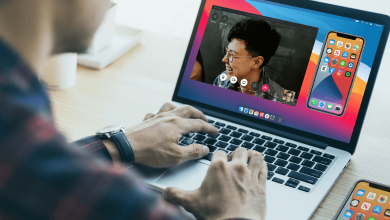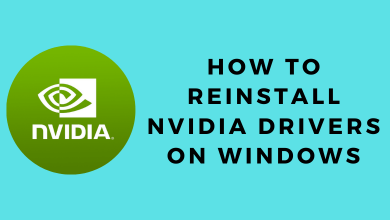Most people who use the internet, especially non-technical folks, have rarely encountered being blocked from a website because their daily internet activity might only involve checking social media platforms, online shopping, streaming movies and music, and looking at the news and weather forecasts.
But website blocking is fairly widespread, usually taking two forms – blocks imposed by the website publishers themselves and/ or restrictions put in place by third parties. Those third parties can either be governments and state regulators or the internet user’s own Internet Service Provider (ISP). The next natural question to many people would then be – why would anyone want to block anyone else from accessing any website? The answer usually involves infringement of copyright, access to ‘unsafe’ content, or political oppression of free speech. Accordingly, the next question might then be ‘is there any way around these blocks?’ Fortunately, the answer to that question is ‘yes’ – you can unblock VPN for free with a Virtual Private Network (VPN).
A VPN is effectively an encrypted, highly secure, anonymous connection that sits between whatever device you’re using to access the internet and your ISP and also, by extension, between you and the website you want to access. Let’s look at some scenarios where a VPN can unblock websites that have been restricted from users for a variety of reasons.

Copyright Issues
Many people use a VPN for purely economic reasons or convenience, and none more so than to circumvent the copyright restrictions placed by streaming platforms such as Disney Plus, HBO Max, Amazon Prime, Hulu, and many others. There are two basic motives for these platforms needing to restrict user access due to copyright – studio licensing agreements and contractual content restrictions.
For example, you might be a resident of the USA on vacation in Europe, and you want to catch up on the latest episode of your favorite boxset on Amazon Prime. You plug your Firestick into the back of your hotel TV’s HDMI port only to find that when you try to access Amazon Prime on your regular US account, a message appears that your permissions have been blocked. This is usually down to the simple fact that the movie studio that produced the content doesn’t want that content accessed outside the USA as their contracts with actors and directors etc., can’t guarantee that any litigation might be effective on copyright theft outside the USA. Put simply, if someone watches a Hollywood movie in Africa without paying, there’s no way an American lawyer will be able to sue a bar owner in Nairobi for showing ‘Die Hard 2’ to his customers! The best way the studios can avoid that theft is by simply blocking content from being viewed anywhere outside the US.
Then there’s the converse situation where it might only cost a person $2 per month to access a Netflix library from India, whereby costs ten times that much from the US. This is where a VPN can simply save money on subscriptions by the resident of Michigan who appears to be living in Mumbai!
Safe Search and Adult Content
Some people use a VPN to avoid restrictions placed by their ISP (or indeed even their parents!) when accessing the internet. Let’s say a teenage boy wants to access an adult website to see pictures of his favorite model wearing little other than a smile, but ‘adult content has been blocked by the boy’s parents via their ISP’s content filter. The boy only needs to add a browser extension VPN to his iPad or phone, and the restrictions are removed because the ISP doesn’t know who is accessing the website.
Political and Governmental Restrictions
Many oppressive regimes worldwide don’t want their citizens to visit foreign news websites or social media platforms to strengthen their subversive ideas. For example, the repression of students in Hong Kong by the Chinese government over recent years has involved PRC politicians blocking access to western news media websites, and especially social media platforms, from any Hong Kong-based IP address. Imagine how much more organized a student demonstration is going to be if marshaled by anonymous organizers beforehand using fake Twitter accounts or via a Facebook group. The authorities block such access, but a VPN can easily remove that restriction by providing the user with an IP address that appears to be in the EU or USA.
The recent turmoil at Twitter HQ, caused by the platform takeover by Elon Musk, Tesla’s electric car founder, has done nothing to assist the staff over there in policing such fake Twitter accounts. Musk has announced many layoffs and an end to the work from home culture, so at the moment, he’s not the most popular boss in the world! Twitter workers aren’t going to be pulling any trees out to become an employee of the month anytime soon. So if you’re a freedom fighter looking for a soap box to stand on, you can head over to Twitter, activate your VPN browser extension, and get on with changing the world!



